Digital inclusion as a means of addresssing loneliness in later life
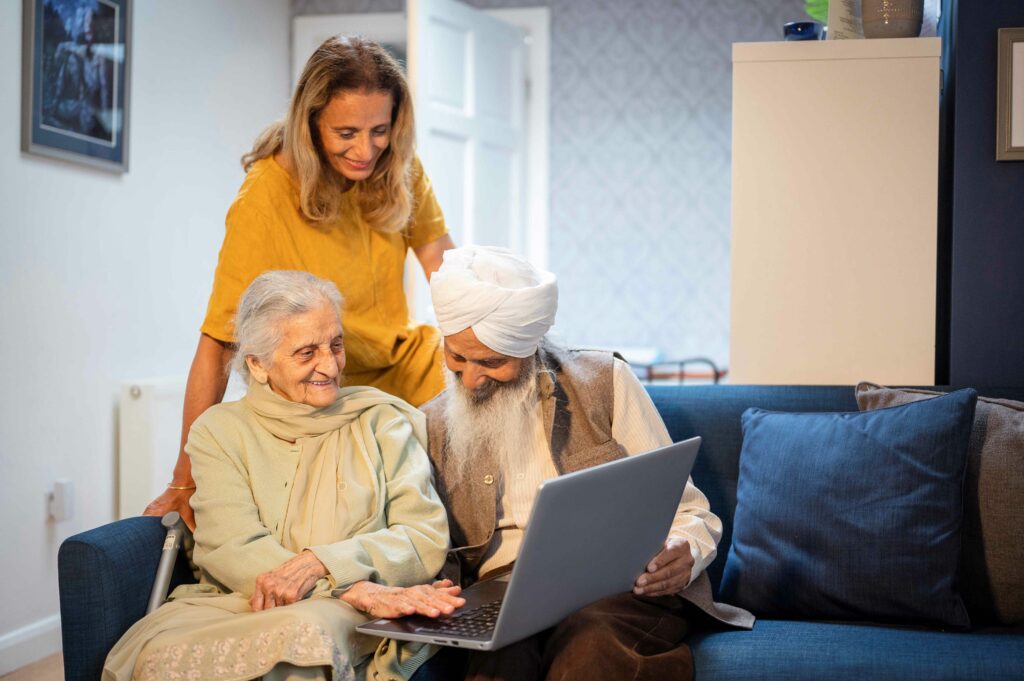
Age UK is a charity that provide information, advice, and support to older people across the UK. In this blog post, Lauren Coppin from the Digital Inclusion team shares findings from their current Digital Champions Programme, and how it is positively impacting the lives of older people.
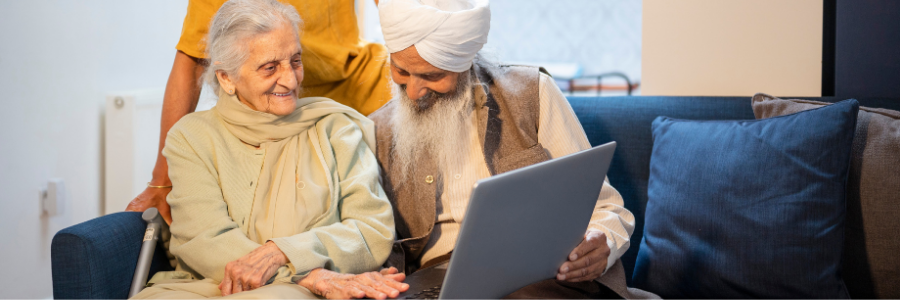
What is digital inclusion and why is it important?
The internet has transformed the way that most of us live our lives, whether that’s how we work, how we access services, enjoy our spare time, or connect with others.
However, 25% of people aged 65 and over in the UK don’t use the internet. Older people who are without digital skills or access to technology (digitally excluded) risk missing out on the benefits that the internet can bring.
Being digitally included means that you have the motivation, skills and access to equipment to reap the benefits of the internet.
What is the Digital Champion Programme?
The Digital Champion Programme aims to tackle digital exclusion by recruiting and training Digital Champion volunteers who support older people to improve their digital skills, in addition to providing loan technology to older people without access.
Through the programme, Age UK is working with 40 local Age UK/Cymrus in communities across the country to engage with 96,000 older people between 2022 to 2026.
The Digital Champion Programme model combines four key services to address the common barriers to digital inclusion. Each local Age UK/Cymru who is part of this programme offers:
- Volunteer Digital Champions, supporting older people to get online.
- Awareness raising activities, inspiring older people to explore the online world.
- Digital skills sessions, supporting older people to use technology in ways that suit them.
- The provision of technology and connectivity for older people who do not have access.
We know that some older people are more at risk than others when it comes to digital inclusion, and we have therefore focused some of the services on supporting those older people most at risk.
Within the first cohort of the programme, seven local Age UK’s have focussed their delivery on supporting a specific high-risk group to get online. By doing so, additional learnings have been captured, helping to inform a greater understanding of the ways in which the programme can be adapted further to help support those who are:
- Living alone
- Housebound
- Living with mobility challenges
- Living with Dementia and/or memory loss
- On low incomes
By learning as much as possible about the different needs of older people, we hope to ensure that our services are accessible and relevant for all, and support more older people to become more digitally included and connected.
What has the Programme achieved so far?
Between June 2022 and June 2023, the Digital Champion Programme successfully recruited over 375 volunteer Digital Champions, reached over 46,500 people through awareness raising activities, supported over 3,900 older people through skills sessions, and loaned out over 450 tablets.
As a result of this, we have gained a better understanding of the positive and life changing impact that programmes like this can have for older people.
What is the Programme addressing loneliness?
From helping older people to build the skills they need to connect with friends and family online, to finding online communities or more accessible ways to engage with hobbies, the programme has been helping to empower older people across the country to remain connected.
One of those older people is Nick (66). When Nick first reached out to Age UK, he lived in a residential care home in Gloucester with multiple health issues. He often felt lonely and isolated, being apart from his family who live in Devon. Nick reached out to Age UK Gloucestershire for support and was supported through the Digital Champion Programme.
Nick borrowed technology through the Tablet Loan Scheme and attended regular, free, drop-in digital skills sessions. With the support of the Digital Champions, Nick was empowered to find suitable accommodation online, closer to his family in Devon. With new skills and confidence online, Nick also explored booking train travel, buying his fishing equipment and even booking holidays online.
What have the outcomes of the Programme been so far?
Through our evaluation of the programme, we can see that participation has led to increased feelings of social connection, confidence, and independence, as well as improved general well-being and mental health. Older people reported that taking part in the programme allowed them to pursue interests, connect with family, and benefit from the social element of group support sessions.
One older person described how they “feel more alive knowing how to do these things” and another described how as a result of the programme, they have been able to look at relocating closer to their family. In their words, they feel “back in the world of the living!”
As well as the positive outcomes for individuals, there’s also been some really useful learning around what older people need when participating in the programme to feel engaged and supported:
- A person-centred approach, which focuses on the older person’s needs and topics of interest is the best way to encourage motivation and continued interest in the programme, as opposed to a more prescriptive learning curriculum.
- Online safety and scams prevention has been a key concern, which once tackled, allows older people to feel more confident when getting online.
- Home visits have been essential for helping to support older people who are unable to access community venues, and this has been highly appreciated.
- Visual aids, such as diagrams were seen as helpful by some, and additional support materials supplied to work on between support sessions has helped to provide lots of practice opportunities and continued engagement.
Being flexible, adaptable, and putting the interests of the older person at the heart of all elements of programme delivery has been key for the programme’s success.
As we continue to learn more about the older people the programme supports, we will continue to cater to individual needs and requirements and encourage as much inclusivity in our digital services as possible. We’re looking forward to seeing the full reach of the programme and sharing the learnings and outcomes in the future.
To find out more, email Sarah Parkes (Programme Manager) at servicesdigital@ageuk.org.uk
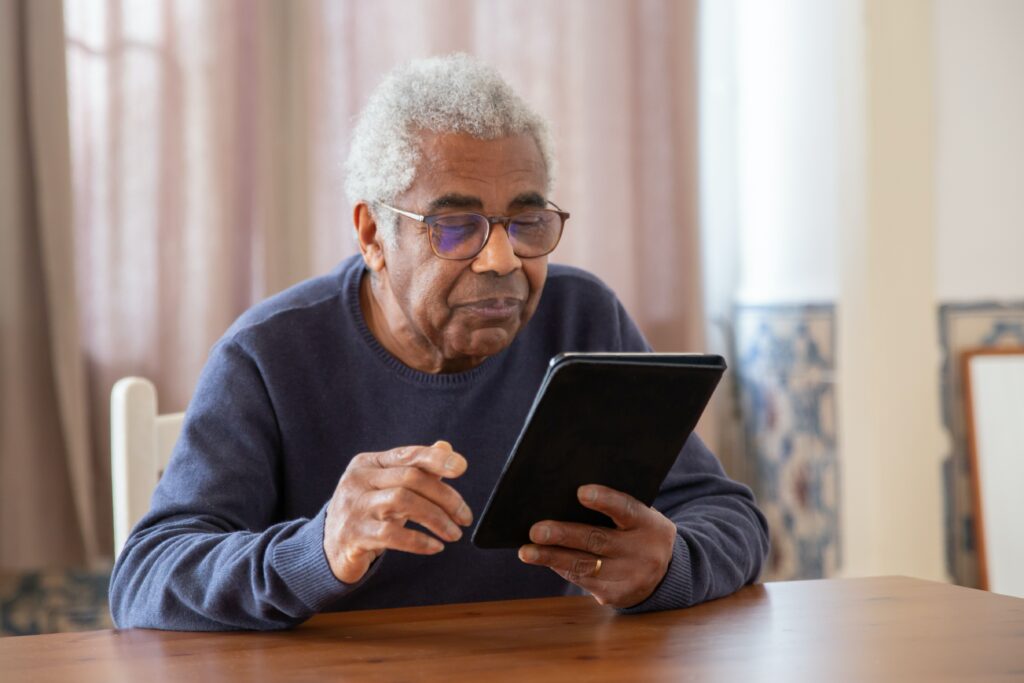
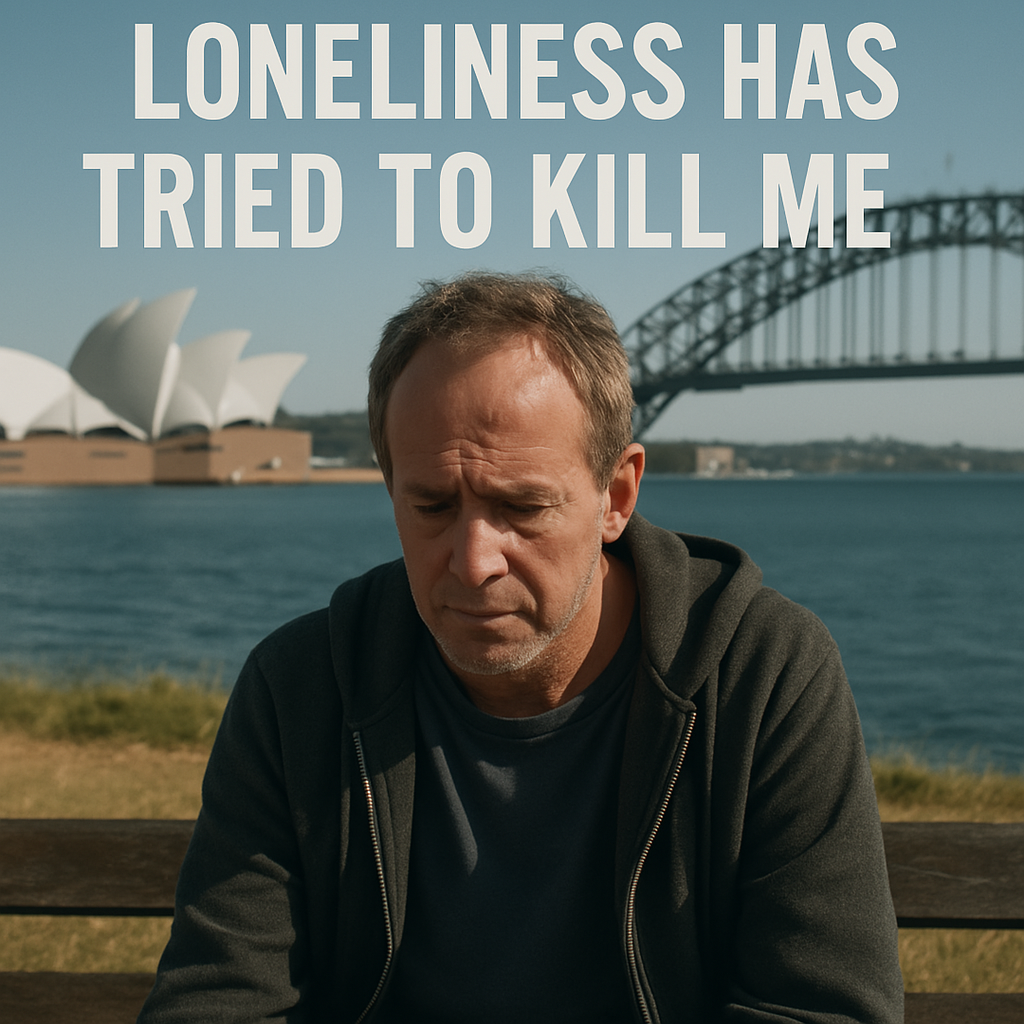
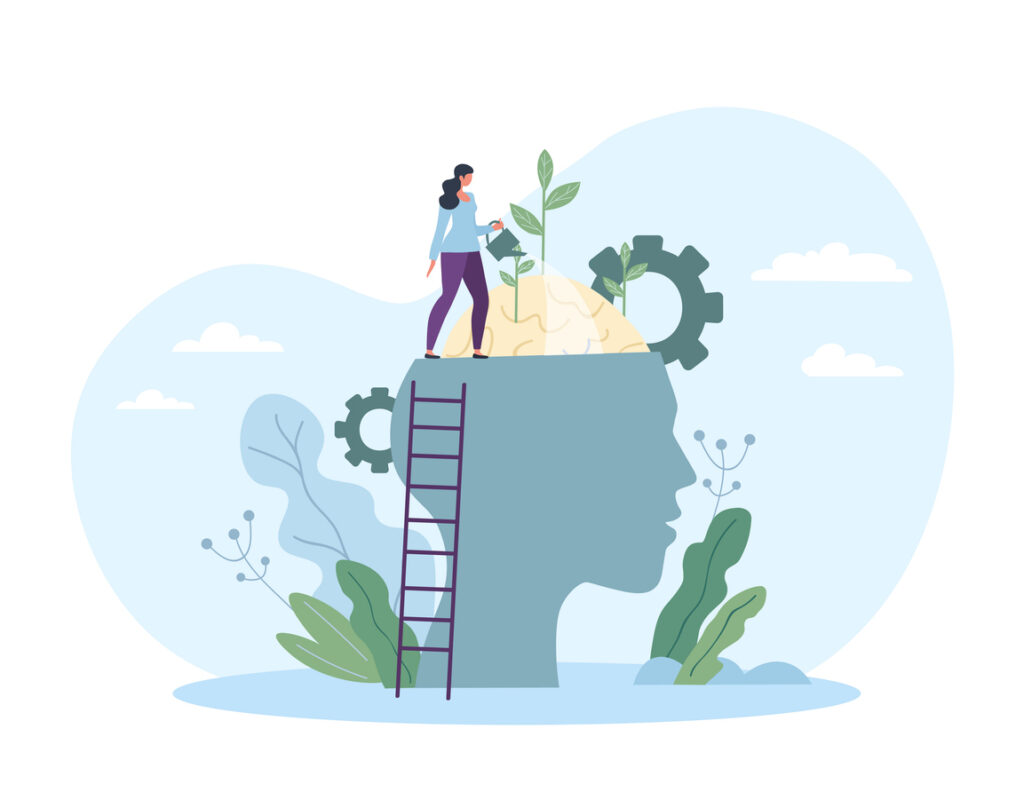

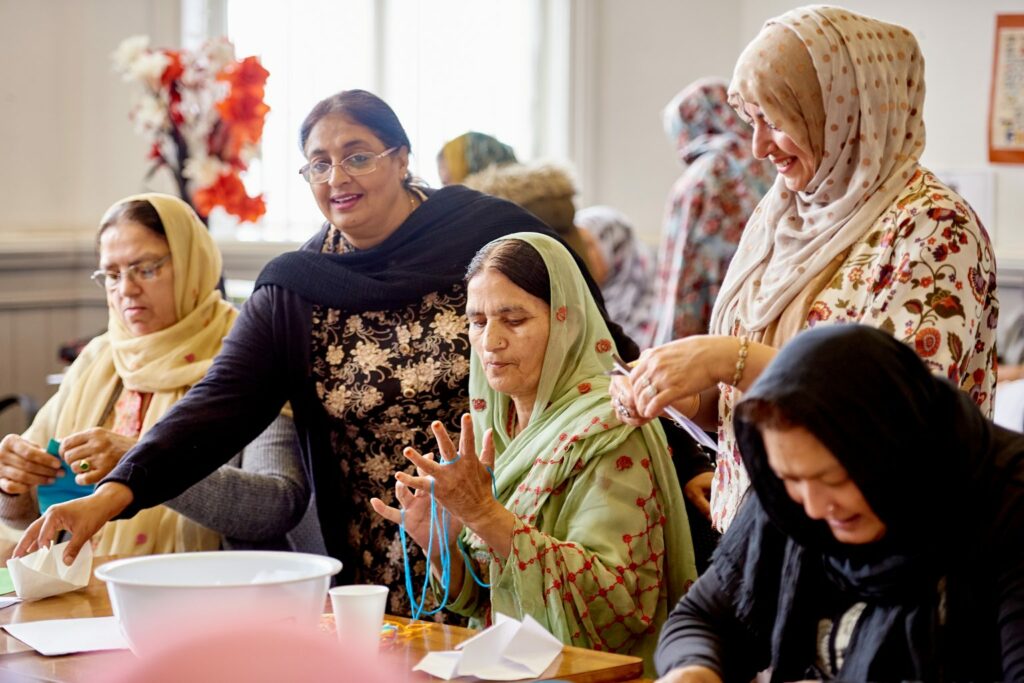
Responses